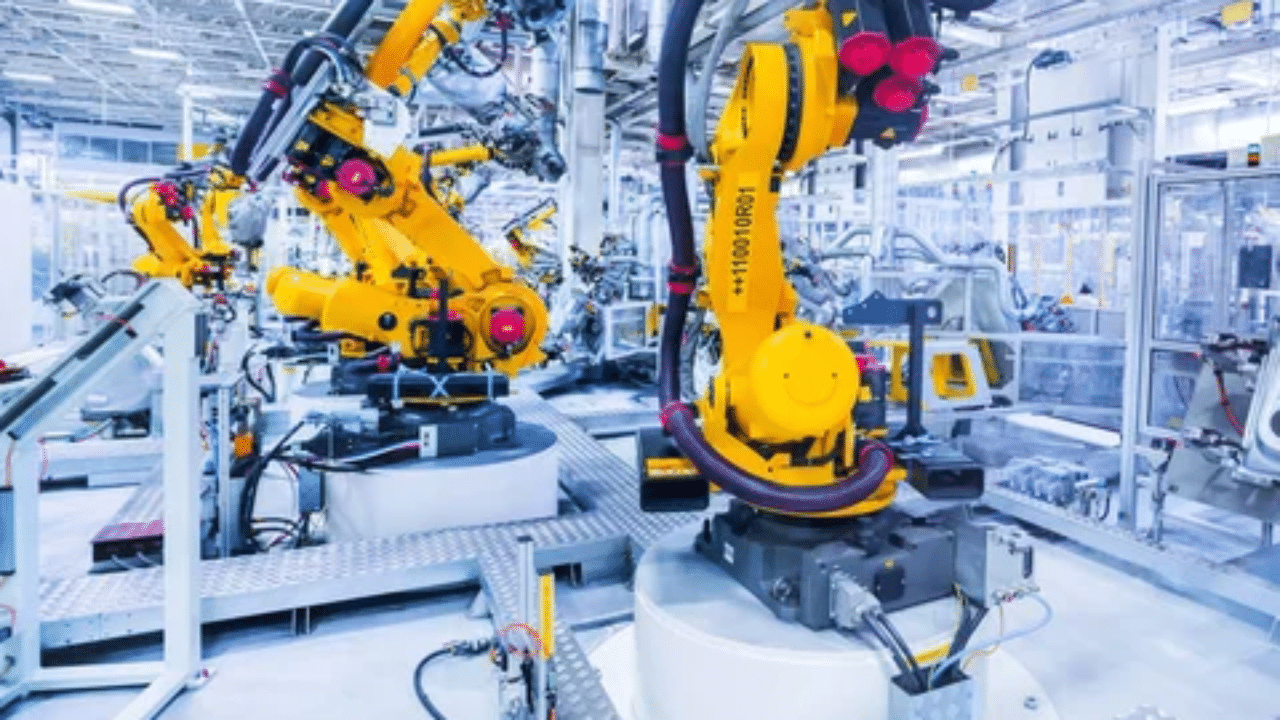Kolkata: Strong infrastructure development and supportive government policies are the twin pillars on which India’s manufacturing sector is building a new future with structural shift. Cushman & Wakefield, which conducted a survey said India’s manufacturing sector is poised for a structural shift, with an alignment between infrastructure investment, policy clarity, and industry intent providing a forward thrust.
In a report titled Elevating India’s Manufacturing Resilience: Charting the Path to Self-Reliance, Cushman & Wakefield painted a picture of this new optimistic transformation based on a survey of as many as 94 senior leaders who are active across manufacturing and logistics sectors. The persons interviewed featured CEOs, heads of factories, managers of supply chain managers.
88% plan capacity expansion
The survey found that as much as 88% of those interviewed have plans to expand operations. These blueprints are shaped by the infrastructure projects such as Bharatmala, Sagarmala, dedicated freight corridors as well as the National Industrial Corridor Development. About 95% of the respondents referred to improved logistics and 94% traced their growth strategy to improving infrastructure.
“India’s manufacturing sector is undergoing a structural shift. Our findings indicate a strong alignment between infrastructure investment, policy clarity, and industry intent. According to our survey, 88 per cent of manufacturers are scaling up due to infrastructure-led confidence, and over 95 per cent report improved logistics access through government-backed programs,” Gautam Saraf, executive managing director, Mumbai & New Business, Cushman & Wakefield was quoted in the media as saying.
PLI thrust
Production Linked Incentive (PLI) scheme and the National Logistics Policy (NLP) are two significant growth engine boosters. More than 40% of the respondents referred to the catalytic positive effect of these policies. Significantly, the biggest beneficiaries of these policies are the MSMEs, which are usually labour intensive. Therefore, these have a direct bearing om the employment generation front. As many as 77% of the respondents acknowledged the improved connectivity and ease of doing business.
Challenges on the horizon
However, there are a few challenges that have also been identified. These are steep logistics costs, low warehousing capacity, minimal domestic value addition and gaps in the skill pool in the MSME sector. The report has also mentioned a multi-pronged vision to tackle these roadblocks. These are MSME reform, digital platforms for export facilitation, plug-and-play industrial parks, multimodal logistics networks and programs for skill upgradation.
Investment in infrastructure will remain a necessity with 81% of companies planning to expand in two-three years. Moreover, 70% of the companies are ready to step into Tier II and III cities.
